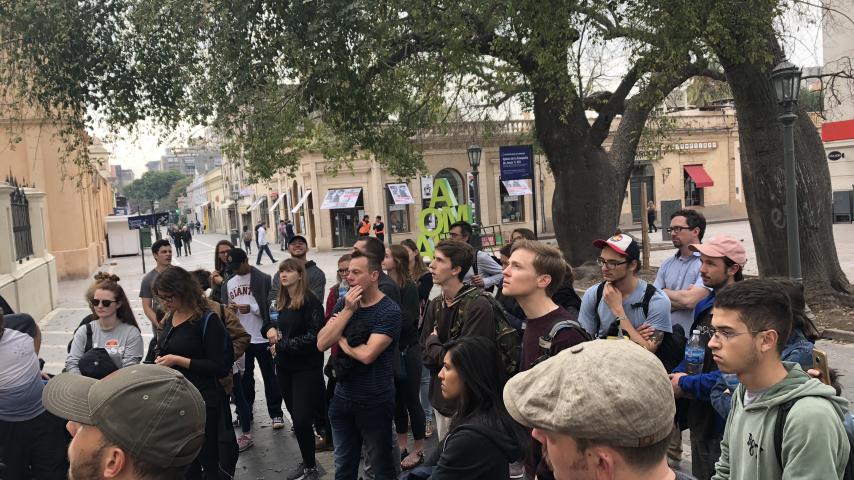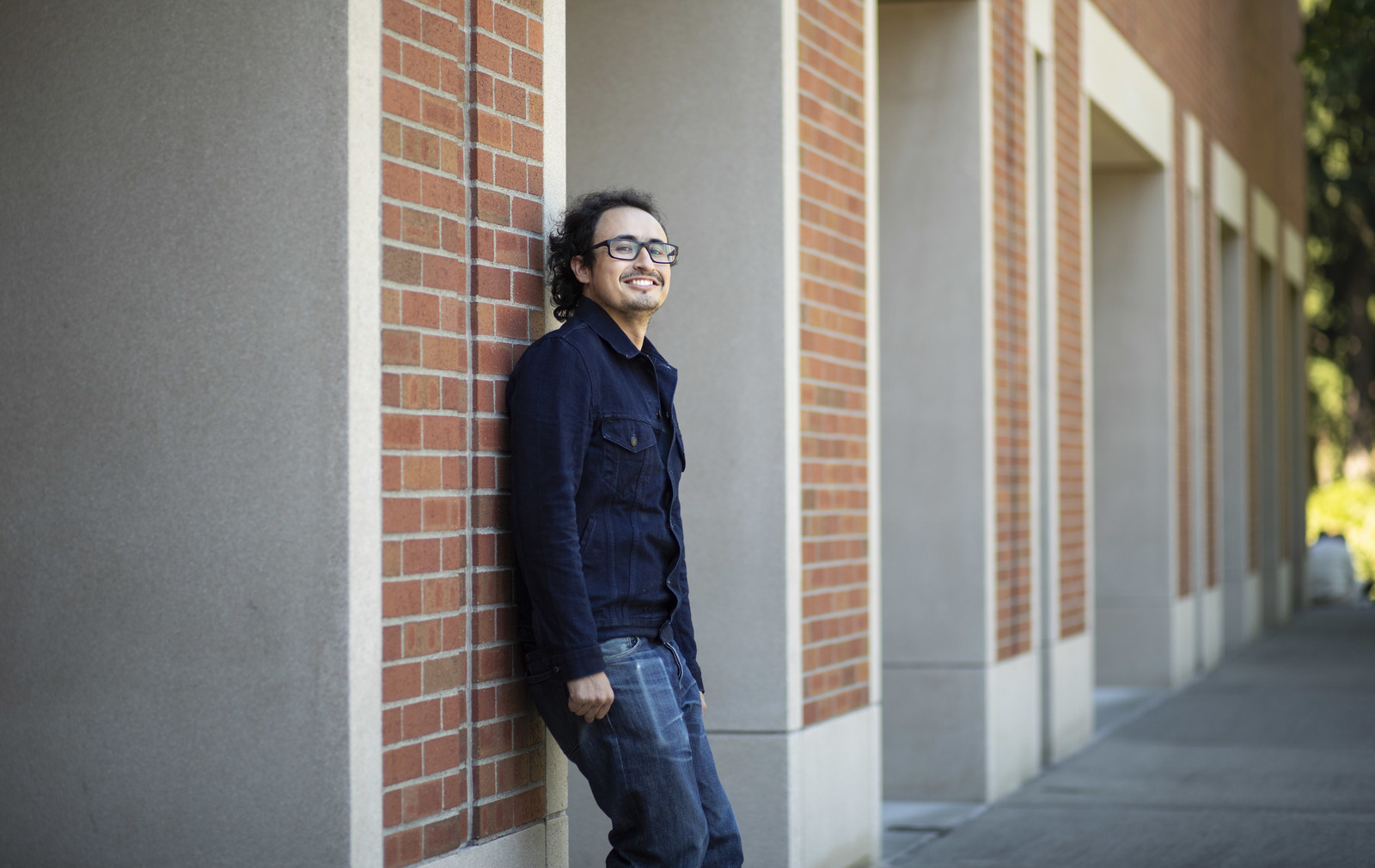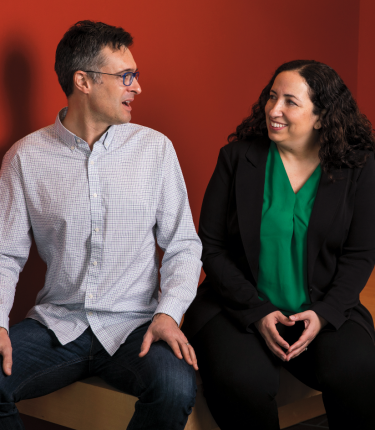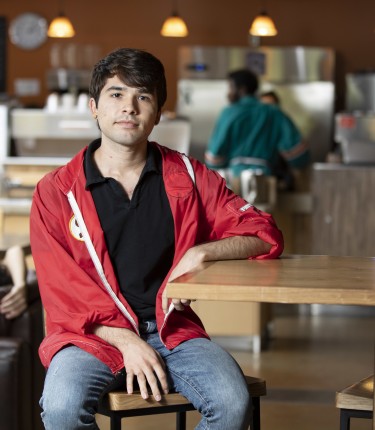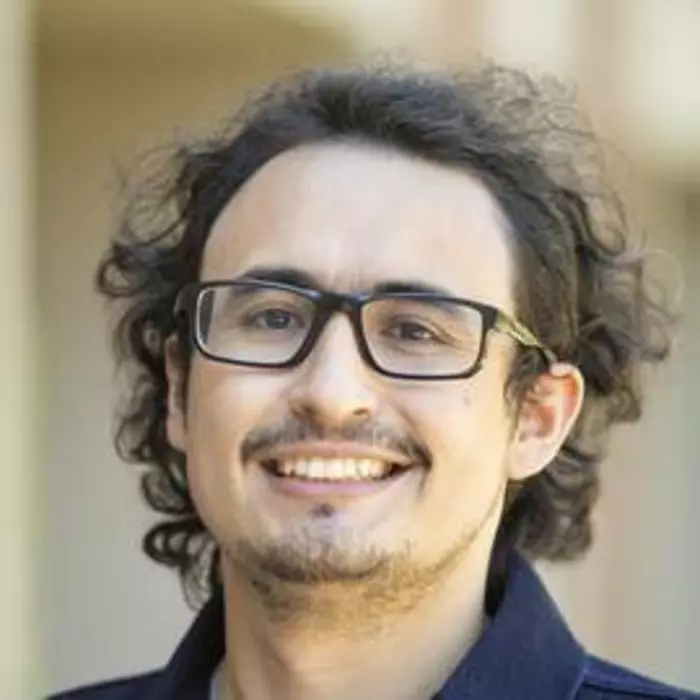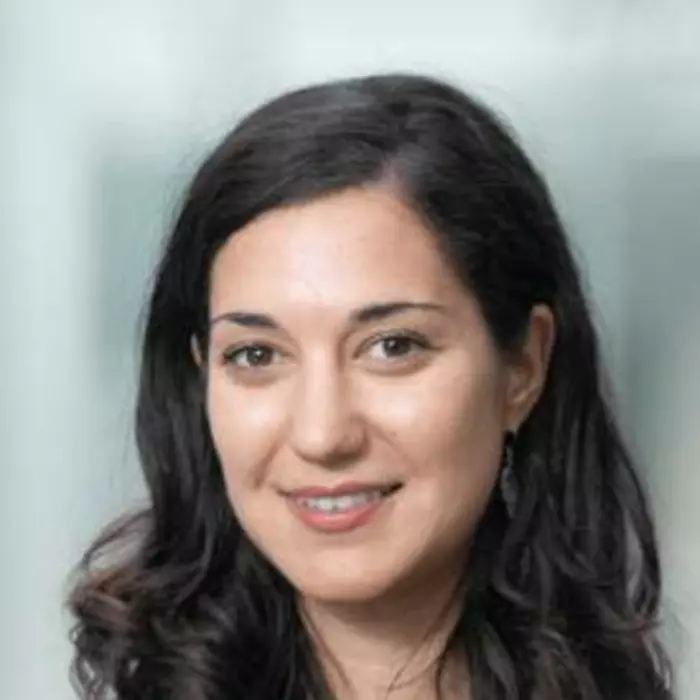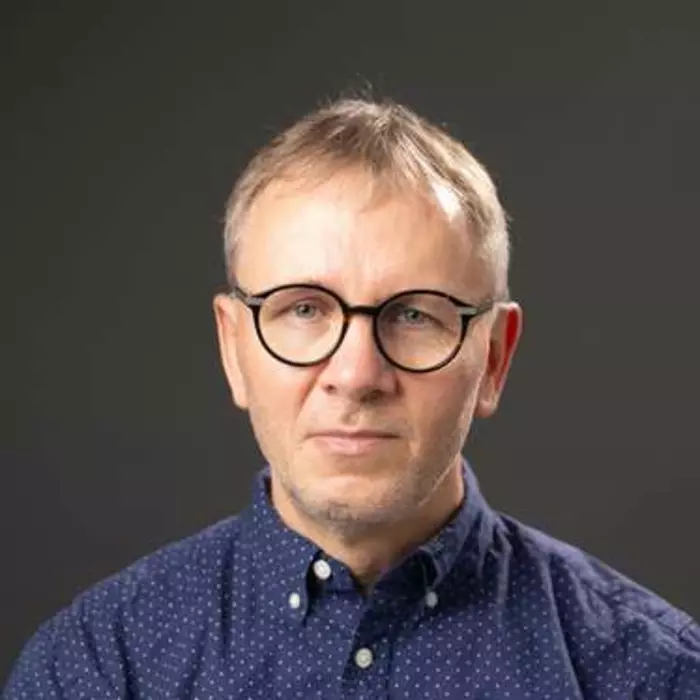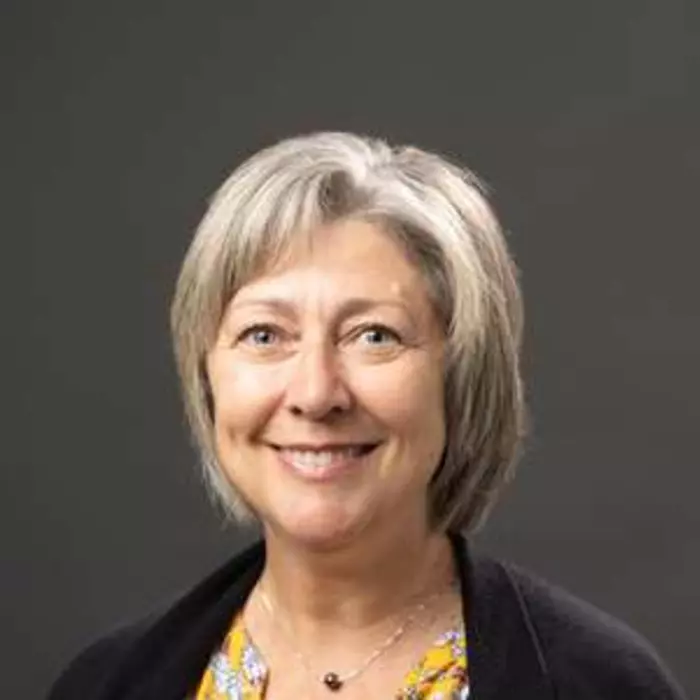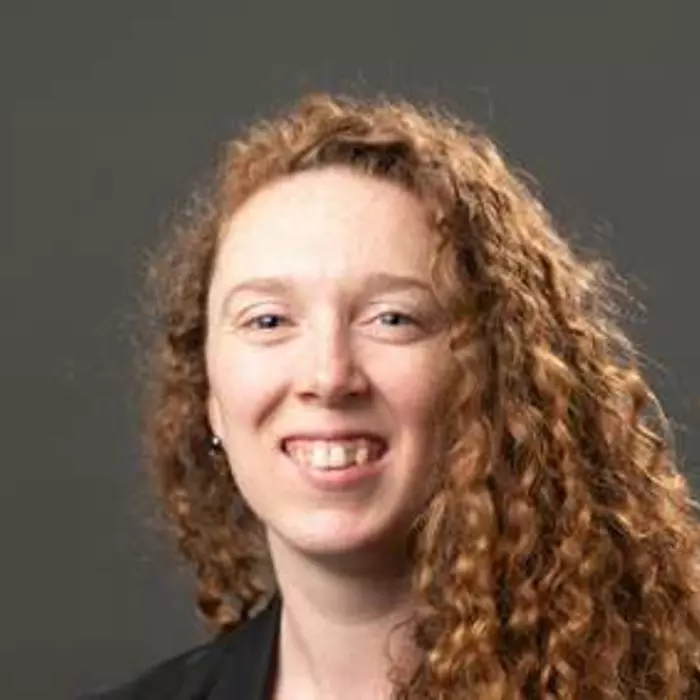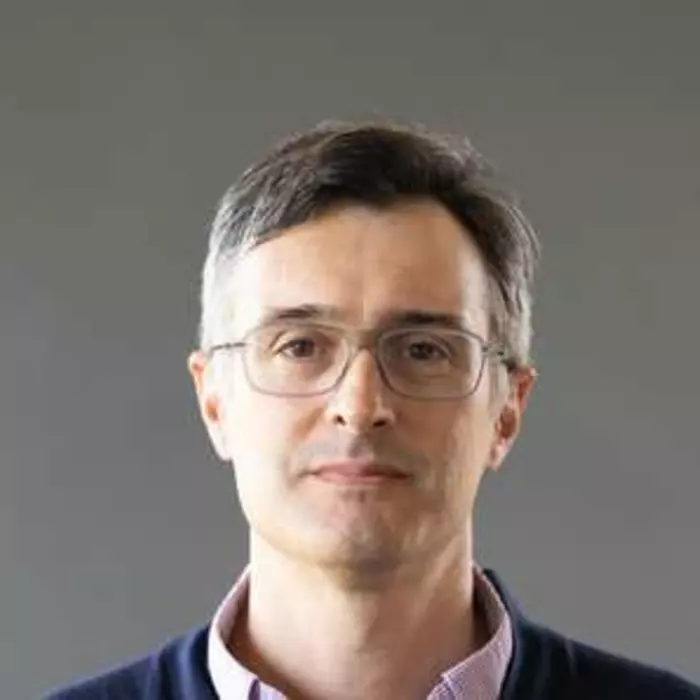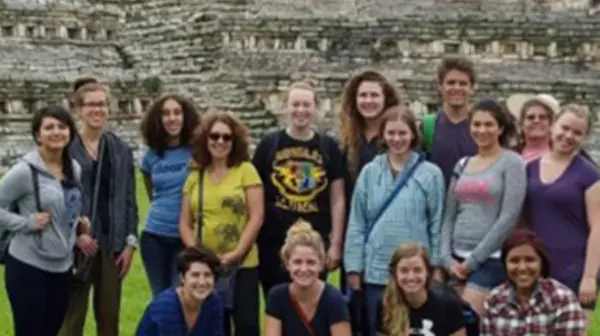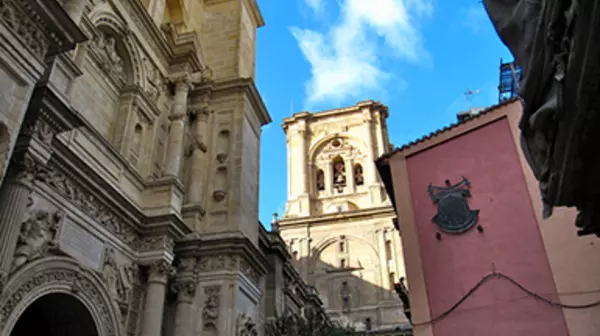The Department of Hispanic Studies offers a sound educational experience centered on the study of the language as well as the literary and cultural production of Iberian, Latin American, and U.S. Latinx cultures. In upper-division courses, students hone their research, writing, and public speaking skills, and explore key questions posed by literary and cultural studies about the Spanish-speaking world: the United States, the Caribbean, Central and South America, and Spain.
Puget Sound addresses the needs of traditional students of Spanish as a foreign language, of heritage speakers for whom Spanish is a part of their family history, and of bilingual and bicultural students whose first language is English but who enter the university as near-native speakers of Spanish. Our curriculum embraces the rich variety of Spanish in the U.S., the centuries-old histories of Latinx communities all over the nation, and their current demographic, cultural, and political relevance.
